Here the current advisory council of the Constantin Hering Foundation introduces itself.
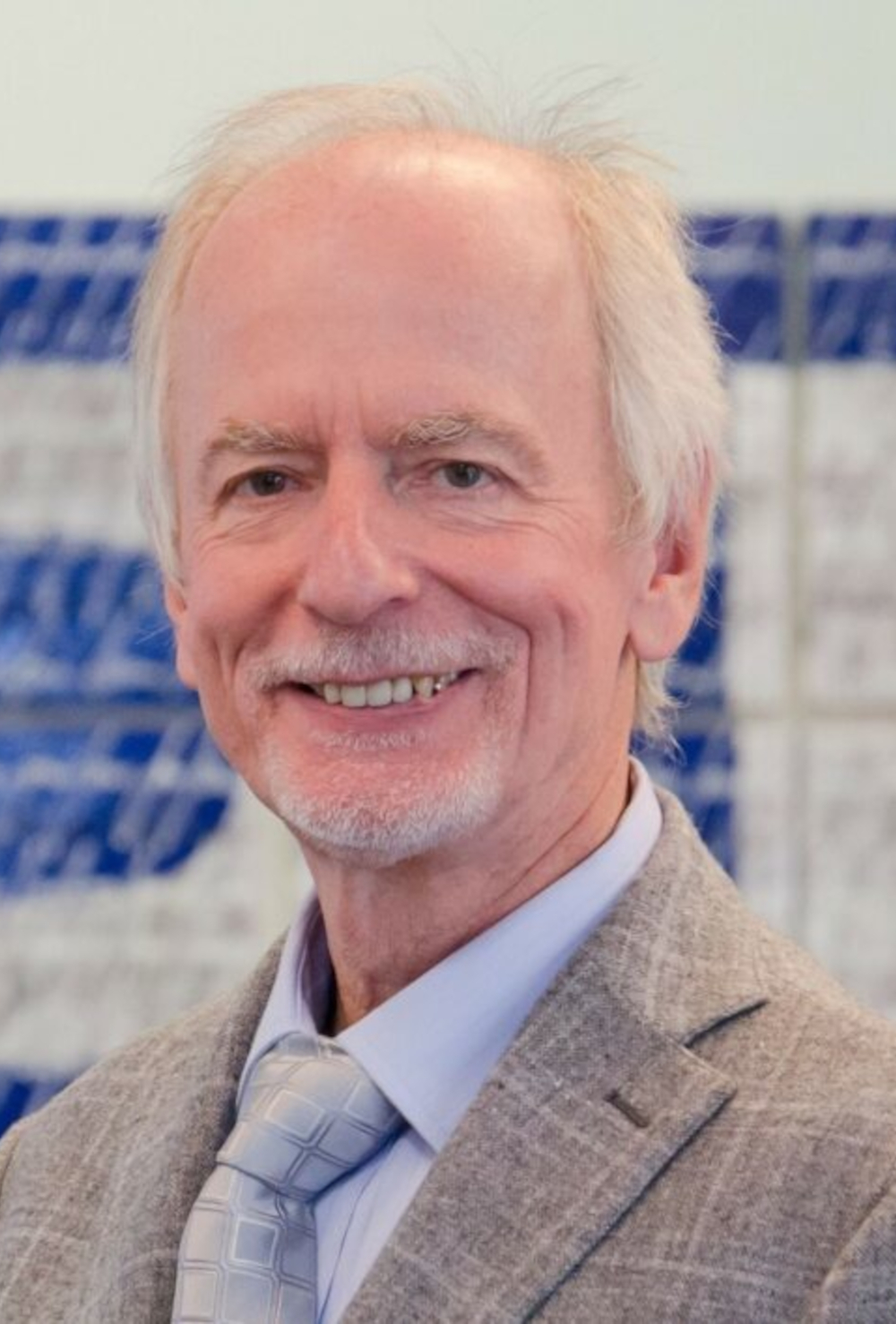
Professional expertise
- 1978 Doctorate in Physics, University of Göttingen
- 1976 -1985 Scientific work in Göttingen, Aarhus (DK) and Oxford (UK)
- 1985 - 2002 Siemens / Infineon Technologies, Munich and Regensburg in the chip production in different functions in development, production, supply chain management, lastly quality manager of one of the chip factories.
- 2002 - 2015 Professor of Electrical Engineering at Jacobs University Bremen.
- 2015 - today Co-founder and partner of the company International Standardization Consulting GmbH & Co. KG
Interest in this project and vision for the foundation
As someone who advocates for homeopathy out of personal experience and conviction, it is both a pleasure and an honor for me to support the board and experts as a member of the CHS advisory council in building and continuously improving an effective and tailor-made quality management (QM) system.
From many years of experience, I know that there are two key success factors for the QM system to be really useful:
- The Management Board must fully support this.
- Everyone involved must have understood the core of QM, in particular that successful QM is not a question of technology, but a question of attitude.
Professor Werner Bergholz, PhD
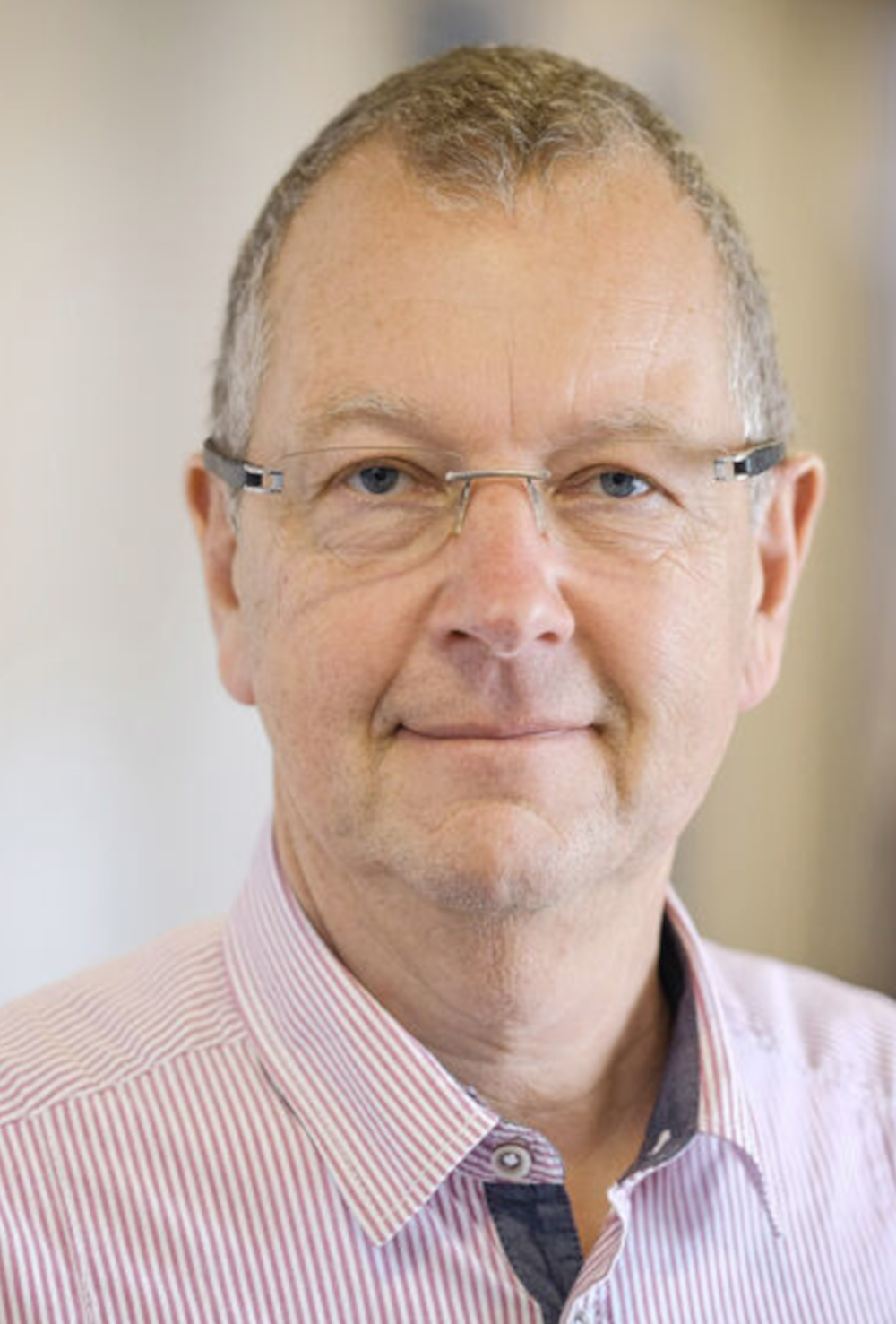
Professional expertise
I bring my experience to the foundation:
- Education: Studies in Theology (minor in Philosophy), Exec. MBA with focus on business administration (University of St. Gallen); doctorate and habilitation
- practical: as a pastor and hospital chaplain (Bonn) in encounters with patients
- academic: as a university lecturer in systematic theology and social ethics (Hanover) and diaconal management at the University of Bielefeld
- Executive: as Chairman of the Board of the Evangelische Stiftung Alsterdorf (until 2021), a complex with two hospitals, among others.
Interest in this project and vision for the foundation
I am interested in the foundation
- because I could perceive the limits and problems of the existing health system at various points,
- because, apart from personally good experiences, I find the approach of classical homeopathy convincing,
- because I find evidence-based research important and at the same time a self-critical, ethical reflection of one's own actions.
Professor Hanns-Stephan Haas, ThD
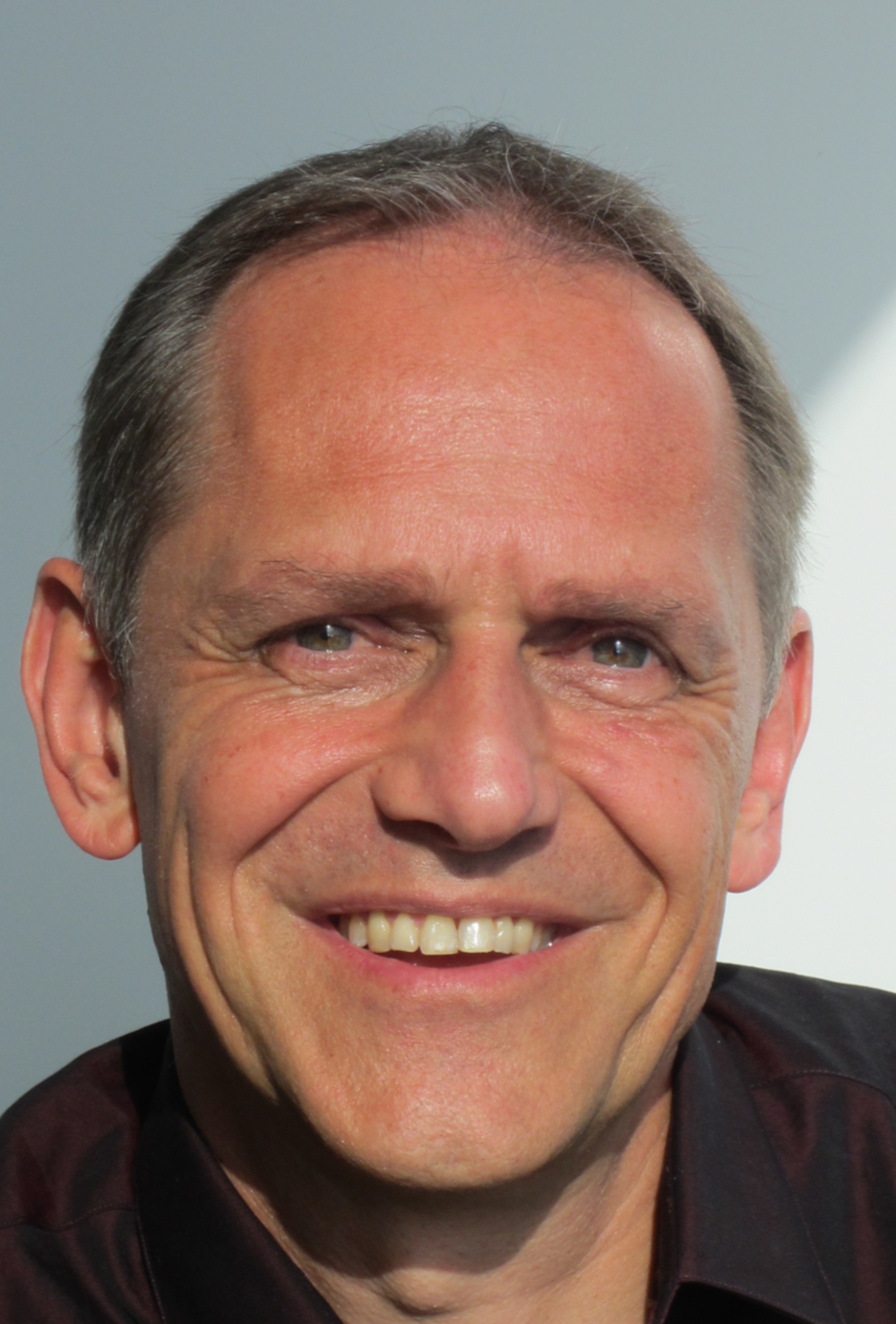
Main Focus
- Professionalization and further development of homeopathic Materia Medica
Professional background
- First profession Dipl. Social Pedagogue, graduated 1983
- Naturopath and homeopath for over 30 years: 1991-2008 practice in Hamburg, since 2008 in Switzerland (Lugano)
- Lecturer at various homeopathy and alternative practitioner schools for 20 years with over 150 seminars in German-speaking countries
- Supervisor/mentor for over 20 years with more than 1600 supervised cases of colleagues
- Organisational leader of the international "Materia Medica Pura Project (MMPP)" of André Saine/Canada for more than 10 years
- Since July 2021 co-examiner of the central Swiss naturopathic examination (HFP) for the profession "Naturopath with Federal Diploma".
Interest in this project and tasks at the Constantin Hering Foundation
A comprehensive, but above all a reliable Materia Medica is the basis for almost everything in homeopathy and a successful practice needs it just as much as every student. As there is still much to improve in the field of materia medica, I would like to contribute my experience and expertise in this area to the Constantin Hering Foundation for Homeopathic Medicine.
Vision for the foundation
There are currently over 30 completely different and contradictory methods in homeopathy - and they all claim to make good and successful "homeopathy".
My wish is that the CHS, as an independent body, clarifies the arbitrariness and confusion of terms in homeopathy and, from a meta-perspective, points out both the methodological differences and the essentials of homeopathy.
There are various tasks and issues that individual practitioners, schools or associations have not yet been able to tackle. The latter also include diffuse and unproven belief systems such as “miasms”, “suppression”, “laws of healing” or Hering’s rule, dogmas regarding potency and dosage, among others. I hope that the CHS will conduct professional research into these topics in order to separate fiction from truth, myths from evidence and, for the first time in the history of homeopathy, to develop arguments and evidence that are independent of belief.
Some necessary tasks have so far not been pursued by anyone due to a lack of funds. These include
- Worldwide networking of the many homeopathic libraries and increasing their efficiency through modern computer technology
- or the development of a database to make the large amount of materia medica information worldwide and intelligent, searchable and analysable,
- or the development of practice case documentation software that can be used by all practices. CHS could initiate, support and accompany long-term projects in this area.
Roland Methner, Graduate Social Pedagogue (Diploma), HP
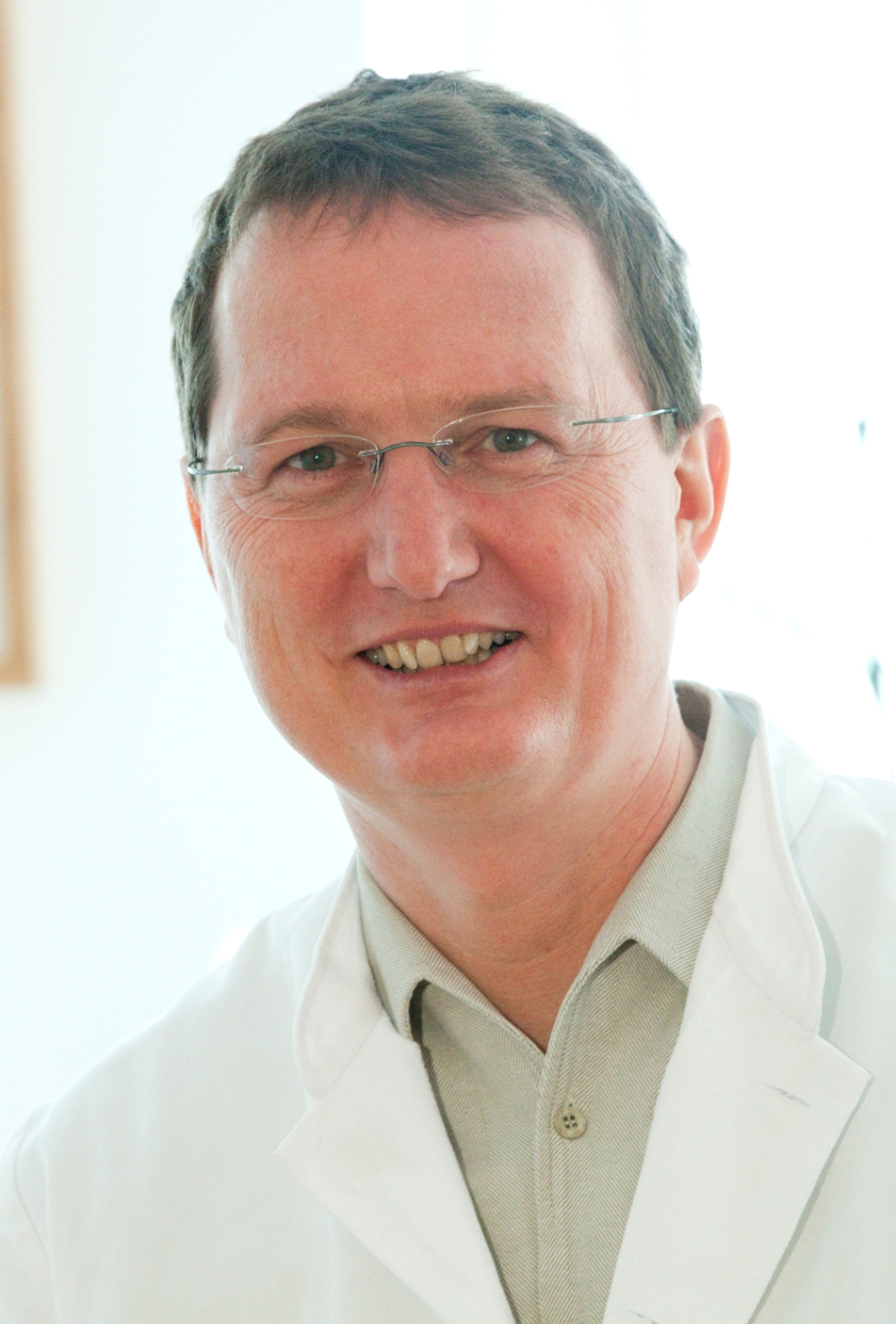
Milestones
- Medical studies and doctorate at the Ludwig-Maximilians-University Munich (LMU)
- Since 1997: homeopathic doctor in his own practice, training of numerous assistant doctors
- 2009-2012: Board member of the Hahnemann Society.
- 2009: Founding of the joint medical practice for homeopathy Dr Thomas and Katrin Quak
- 2017: Launch of jaqu-invent - Institute for Homeopathic & Natural Medicine Research
- 2020: Founding of Medsyne gGmbH, which is dedicated to promoting science and research in homeopathy, integrative medicine and health promotion, including in cooperation with Augsburg University of Applied Sciences
Homeopathic publications (selection):
-
- Translation and editing of the german edition of J.H. Clarke's Practical Materia Medica; editorial revision of the theoretical part of Hahnemann's Chronic Diseases; editing of G.H.G. Jahr's 40 Years of Practice
- Co-author of Leitfaden Homöopathie (standard work in homeopathic training) and Adjuvante Homöopathie in der Onkologie (Elsevier Verlag)
- Numerous scholary articles in various journals for homeopathy
Main areas of work in homeopathy
My homeopathic path began during my medical studies at the LMU Munich and led me to homeopathy, influenced by mentors such as Dr Arthur Braun, Dr Jost Künzli von Fimmelsberg, Dr Michael Barthel and Dr Dario Spinedi. For more than a decade, I led the homeopathy working groups at the LMU Munich, taught for the German Central Association of Homeopathic Physicians and founded the Homeopathic Academy for Postgraduate Education (HAPA) to empower doctors with excellent further training. Alongside my practical work as a homeopathic doctor, this is one of my core topics. My aim is to establish and further develop homeopathy as a scientifically grounded art of healing and to firmly anchor it in modern medicine, both in practice and in teaching and through solid research.
Vision for the foundation
My Vision for the Future of Homeopathy: The Scientific Age of Integrative and Homeopathic Medicine - A World in which Homeopathy is no longer perceived solely as an alternative healing art, but thrives as an integral part of a modern, scientifically grounded healthcare system.
Our vision is bold, inspiring, and forward-thinking:
- Homeopathy will be practiced, taught, and researched at interdisciplinary university centers – a network of knowledge that bridges the gap between tradition and innovation.
- In close collaboration, these centers will connect with independent practitioners and research-driven small and medium-sized enterprises to form a dynamic alliance that decodes and fully harnesses the secrets and potentials of homeopathy.
- Supported by private, state, and European research funding, we are dedicated to the central topics that will lead homeopathy into the 21st century.
Our mission is to elevate homeopathy to a new level of scientific excellence.
A core element of my vision is the establishment of a coordination body that orchestrates research alliances, inter-university and interdisciplinary networks, and the collaboration between science and practice. This will create a vibrant ecosystem that consolidates knowledge, generates synergies, and establishes homeopathy as a respected discipline.
This vision is more than just a dream - it is a call to action. Together, we can lead homeopathy into an era where it not only heals, but also inspires science and enriches society.
Let us shape the future - precisely, courageously and with an unshakeable belief in the power of knowledge!
Dr Thomas Quak, MD
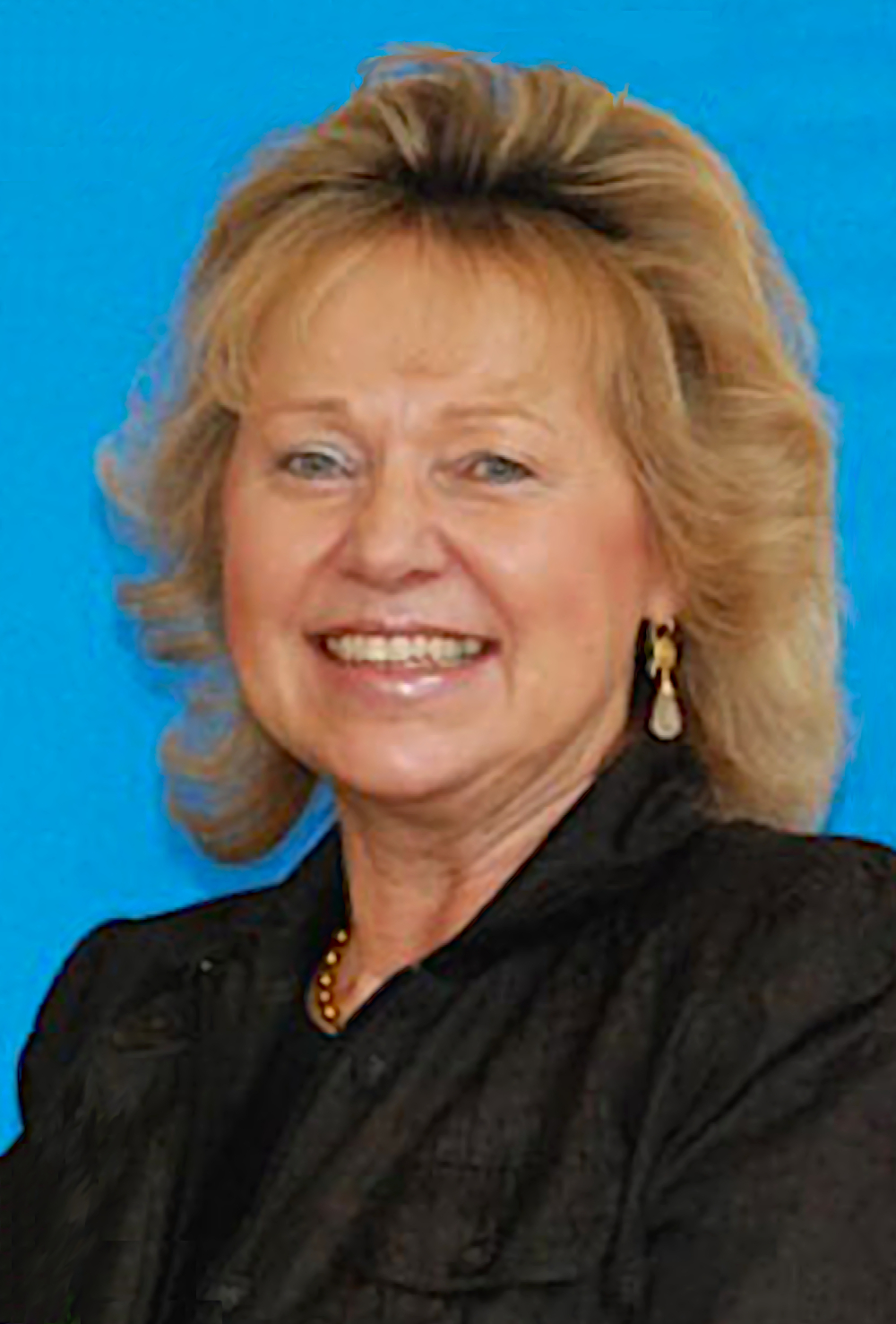
Milestones
- 1978: Diploma in Nutritional and Life Sciences (Technical University of Munich - TUM)
- 1980: Doctorate at the Institute of Nutritional Physiology at TUM & research assistant and head of research there from 1978 to 1995
- 1988: Habilitation in the field of "Nutritional Physiology" at the TUM
- 1996-1999: Scientific advisor to the President of the TUM Prof. Dr Dr h.c. mult. Wolfgang A. Herrmann
- from 1999: Representative of the President of TUM for the Weihenstephan Science Centre (now TUM School of Life Sciences) and the Department of Medicine
- from 2006: Professor of Nutritional Physiology at the aculty of Medicine at TUM
- 2011-2013: Academic Director, Board of Trustees and Managing Director of the Bayerische EliteAkademie
- from 2014: President's Representative for the Future Concept of TUM
- From 2017: Interim Director of the Leibniz Institute for Food Chemistry at TUM
- Since Oct. 2017: Retirement
Main focus of my previous activities
- Research Focus: Importance of macro- and trace elements and lipids for biology and medicine, biological regulatory mechanisms, contribution to basic research through paradigm-shifting insights (e.g., essentiality and biofunctionality of lead).
- Methodological Development: Analytical techniques for trace elements and complex biological matrices, experimental models for investigating biological systems.
- Teaching: In the areas of nutritional physiology and biochemistry with a focus on vitamin, lipid, and trace element metabolism, food quality, and ingredient analysis.
- Research Management: Conceptualization and implementation of structural university reforms, including faculty mergers, cooperation models, and the realignment of research and teaching both content-wise and strategically. Promoting institutional collaborations with clinics, universities of applied sciences, non-university research institutions, and industry. Consulting in science management and research policy at the European level.
- Long-term involvement in scientific advisory boards, supervisory and administrative boards at the intersection of health, nutrition, agriculture, biotechnology, and university development – including for foundations, research institutions, ministries, and innovation centers at the regional and European level.
Vision for the foundation
As a natural scientist in the field of nutrition and food sciences, I was significantly involved in the development of modern biosciences and university medicine during my professional career at the Technical University of Munich. Through this, I have also experienced the professional and methodological boundaries of complex interrelationships, particularly in the life sciences, environmental sciences, and medicine, as well as attempts to scientifically penetrate these boundaries.
In university medicine, which sees itself as high-performance medicine, there are always holistic approaches to thinking and acting - especially in interdisciplinary cooperation with the natural sciences and humanities - which, however, still need to develop and assert themselves more strongly. Such approaches have always proved their worth in empirical and practical medicine and are highly recognised in society.
Homeopathy has proven itself and developed as a special holistic science of thought and action, which is based on a great deal of empirical knowledge, but has also been well researched scientifically. It is a holistic system that understands the body, mind, soul and environment in a complex context and incorporates biological regulation to a particular degree. Modern systems biology, bioinformatics and complexity theories can provide interdisciplinary support for further development in teaching, research and healthcare. Further development, new findings and application are the core of all disciplines and of science as a whole!
For the further development of homeopathy, I expect the experts in homeopathy to preserve, process and present valuable empirical knowledge and be prepared to conduct clinical studies, case reports and basic research, ideally in close cooperation between science and practice. In my view, this requires homeopathy to be more firmly anchored in university medicine. In teaching, the aim is to familiarise students with homeopathy as an independent system of thought and healing, but also as a component of integrative medicine.
In research, a university offers an interdisciplinary platform for clinical research and basic research with regard to mechanisms of action and the production of homeopathic remedies as well as the development of methods and concepts.
I expect universities and, above all, university medicine to be scientifically open and willing to establish homeopathy or to take it more into account in research, teaching, patient care and continuing education.
I expect politicians to provide idealistic and financial support for universities to establish homeopathy as an integral part of medical education and training, and to initiate and promote research projects and programmes. First and foremost, however, I expect politicians to recognise homeopathy as an integral part of medicine and healthcare in society.
Prof. Dr Dr oec. troph. Anna Reichlmayr-Lais
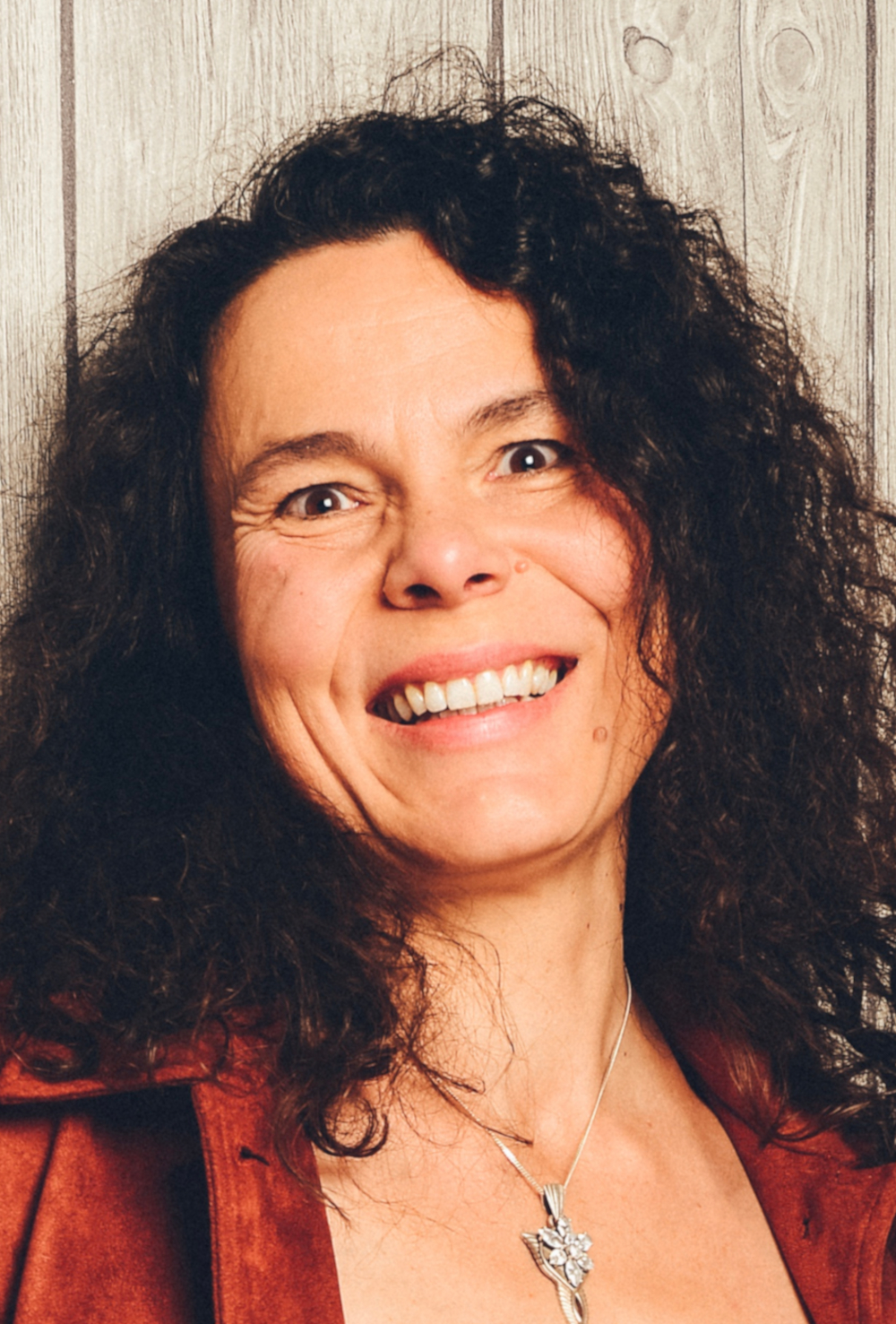
Main focus
- Applied homeopathic pharmacy
- Head of the homeopathy in pharmacies project
Professional background
- PTA since 1994 and alternative practitioner for classical homeopathy in Nuremberg since 2016
- Since 2022 as part of the best practice model in a joint practice with Tjado Galic
- 2021-2024 Head of the homeopathy mail-order project at the Richard Wagner Pharmacy in Nuremberg and head of the CAM procedures department
- Since 2023 responsible for the project Drug safety and supply for homeopathic medicines
- January 2024 Relocation of the project and management of the research project on homeopathic drug supply and quality assurance for homeopathic remedies in collaboration with Alte Apotheke Heroldsberg
Interest in this project and tasks at the Constantin Hering Foundation
A reproducible high quality of homeopathic remedies and the expertise of the therapists are crucial for the success of the therapy.
Through my work, I would like to build a bridge to pharmacy and preserve the stock of high-quality, even rare, homeopathic remedies. The availability of homeopathic remedies in pharmacies should be guaranteed for patients at all times.
If we succeed in developing and establishing universal quality standards for the supply of homeopathic remedies, this will make a significant contribution to the development of homeopathy.
Vision for the foundation
Welcome to the house of change
Imagine a living house that stands for learning, exchange and community - a true multi-generational house of the "Paradigm Shift" family. This house symbolises our approach of rethinking the view of homeopathy and growing together.
On the ground floor is the basic training for beginners - our "nursery" and "kindergarten", where the first steps into the world of homeopathy are taken. This is where anyone who is curious and wants to get started learns the most important basics.
The first floor is the place for the advanced students - our training rooms. This is where experienced homeopaths deepen their knowledge. The kitchen on the same floor invites you to exchange ideas and socialise - our common discussion room where ideas and experiences come to life.
The upper floor houses our study room - the library. Here, all visitors can browse through books, study and be inspired.
This house is open to everyone - no matter where you come from or what your orientation is. It is a place for learning, studying, questioning and discussing.
For me, this vision is the Constantin Hering Foundation that this house can be - a place where community, knowledge and innovation go hand in hand.
Martina Schäfer PTA, HP
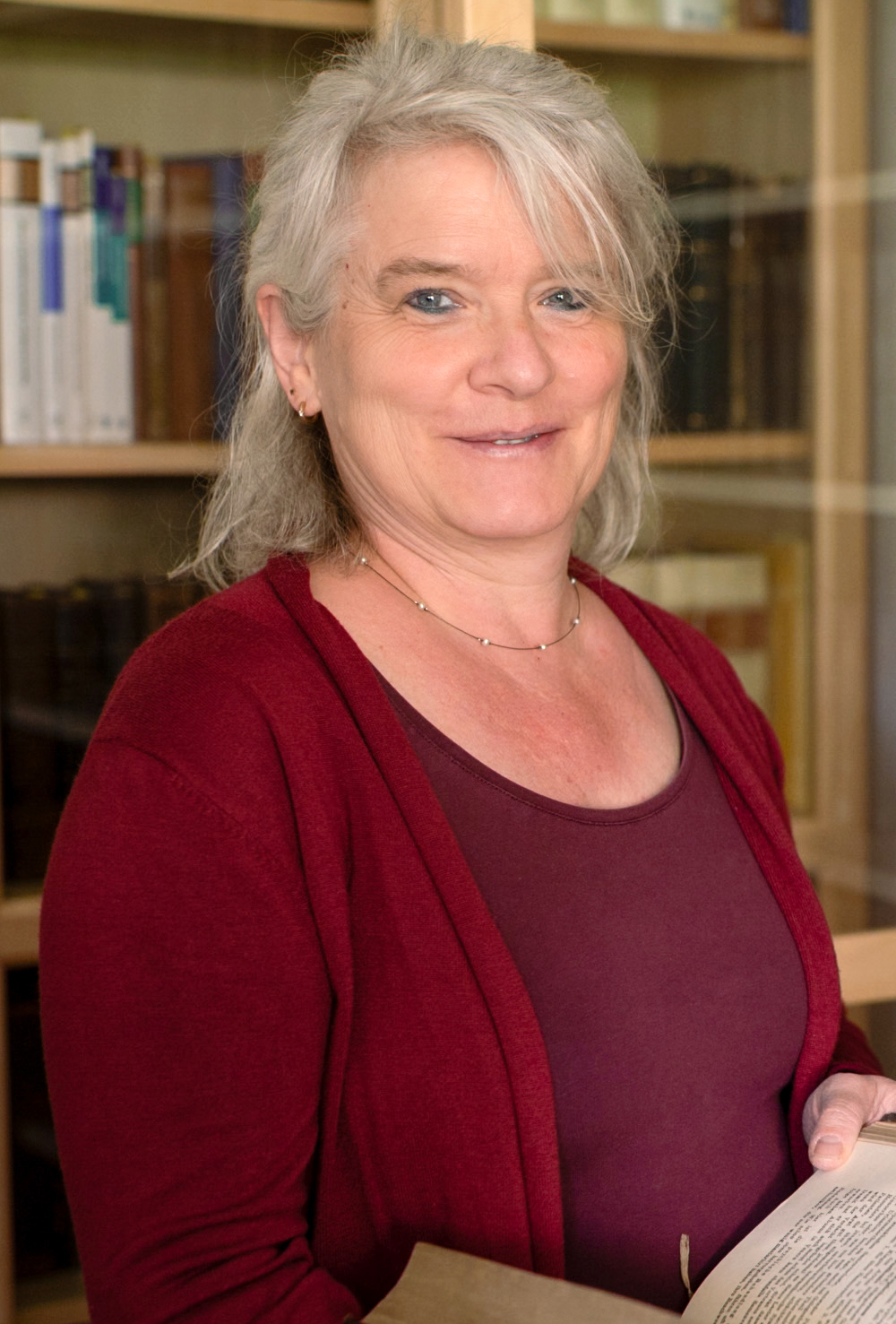
Main Focus
Since my research into the history of homoeopathy, I have become very fond of archives and libraries. I like Fraktur script, out-of-fashion terms and the smell of old paper. This does not yet qualify me as a librarian, but it is also not the worst prerequisite for looking after the Constantin Hering Foundation's library of homeopathic and medical literature.
Since we use tools from the past for our work, such as the knowledge of medicines collected over more than two centuries, clinical experience and repertories that have grown up, preserving the original sources is essential.
Even if the internet today offers unbeatable possibilities for digital research and data processing and many works already exist as digital copies: the internet is only a filter that looks like a window (quote after Patrik Baab). There is no guarantee of permanent and unrestricted digital availability. New editions of valuable and historical books will become rarer in the future, their acquisition more difficult and costly. Collecting and preserving specialist literature as a presence stock of real printed matter is a necessary backup in our fast-moving times.
Professional background
- Born 1968, married, 3 adult daughters
- 1987 - 1992 Studies at the Institute for Industrial Engineering at the Technical University of Dresden, graduated as Dipl.-Ing.
- 2000 - 2003 Training in homeopathy
- 2002 - 2005 Training as non-medical practitioner
- since 2005 homeopathic practice
- since 2006 extensive research on the biography of the homeopathic doctor G.H.G. Jahr and transcription of a handwritten collection of letters, research on the history of homeopathy, own professional publications and lectures
Vision for the foundation
In the future, I would like to see a comprehensive, scientifically open, ideology-free dialogue in medicine and medicine according to the motto: cooperation instead of competition, where homeopathy is firmly established in practice and research.
Creative, constructive collaboration aimed at promoting people's health can achieve synergy effects, resulting in something that would not be achievable alone.
Many generations of dedicated homeopaths have worked to gather and pass on practical experience and knowledge and to further develop the healing method. The literature on homeopathy bears witness to this; it is full of clever ideas and great commitment. But it also bears witness to disagreements, confusion and disputes.
Since unresolved issues and problems of one generation tend to resurface (or return as fate), we bear the responsibility today to leave the best possible legacy for future generations.
Ilka Sommer, Dipl.-Ing. Work Sciences, HP